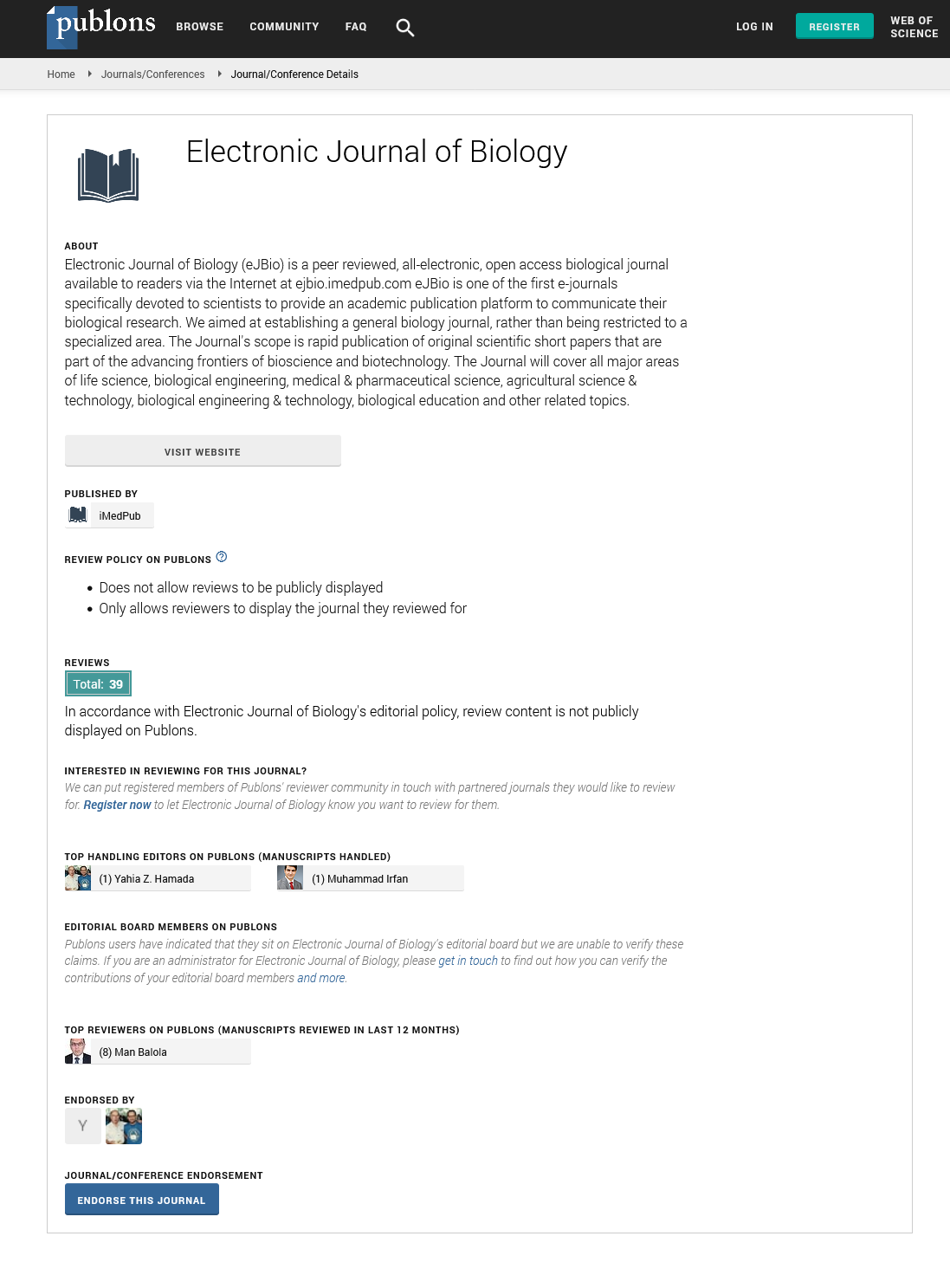Abstract
Health Status and Psychosocial Stress among the Environmental Migrants in the Southern Part of Bangladesh
Disasters are events that challenge the individual ability to adapt, which carries the risk of adverse mental health outcome including serious post-traumatic psychopathologies such as depression and anxiety. The cross-sectional study has been conducted in a coastal area of southern part of Bangladesh. The study revealed that among the displaced person due to river erosion, majority 48.4% were in the age group of 31 to 40year. By education 36.6% had primary level of education. Health status evaluation shows, the majority 75.3% of them are currently suffering from various Gynecological problem followed by gastroenteritis (30.1%), Peptic ulcer disease (25.8%) , fever (20.4%), bad headache/Migraine (16.1%), respiratory problem/ Breathing difficulties (15.1%), Diabetes (8.6%), Heart problem (4.3%) and Jaundice (4.3%). The relationship condition with family among the displaced people shows, before displacement 47.3% was more cordial (highest parameter) with their family whereas, after displacement it deteriorate to 71.0% to very cordial (second parameter) with their family than followed by 24.7% cordial with their family. According to psychosocial health, 10.8% of them are within mild depression scale followed by 1.1% of them having moderate depression. Same way, 10.8% of them are within mild depression scale followed by 1.1% of them having moderate depression. There is an association between age & level of depression found. Though mild depression is existing in every age group but above 35 years is more (10.9%). Lower age group that is up to 34 yrs (86.2%) of them is more exposed to profound anxiety. 89.5% illiterate people are more exposed to profound anxiety. 15.9% of them are suffering from mild depression and 90.9% of them are suffered from anxiety whose family members are within 5 to 7 persons in number. Overall health status and psycho-social condition is found poor. Health care and nutritional promotion, increased accessibility to services, reduction of stigma and discrimination through community mobilization and advocacy, life skills, rights protection and decentralization planning systems to mainstream their issues into development in order to improve their quality of life were recommended.
Author(s):
Maleeha Sheefa, Jannatara Shefa*, Abu Nahian Himel1, Shayla Haque, Sharmin Doulah, Fabia Hannan Mone
Abstract | Full-Text | PDF
Share this

Google scholar citation report
Citations : 5001
Electronic Journal of Biology received 5001 citations as per google scholar report
Electronic Journal of Biology peer review process verified at publons
Abstracted/Indexed in
- Google Scholar
- China National Knowledge Infrastructure (CNKI)
- CiteFactor
- Electronic Journals Library
- Zoological Records
- WorldCat
- Proquest Summons
- Publons
- MIAR
- Openaccessarticles.com
- Secret Search Engine Labs
Open Access Journals
- Aquaculture & Veterinary Science
- Chemistry & Chemical Sciences
- Clinical Sciences
- Engineering
- General Science
- Genetics & Molecular Biology
- Health Care & Nursing
- Immunology & Microbiology
- Materials Science
- Mathematics & Physics
- Medical Sciences
- Neurology & Psychiatry
- Oncology & Cancer Science
- Pharmaceutical Sciences


